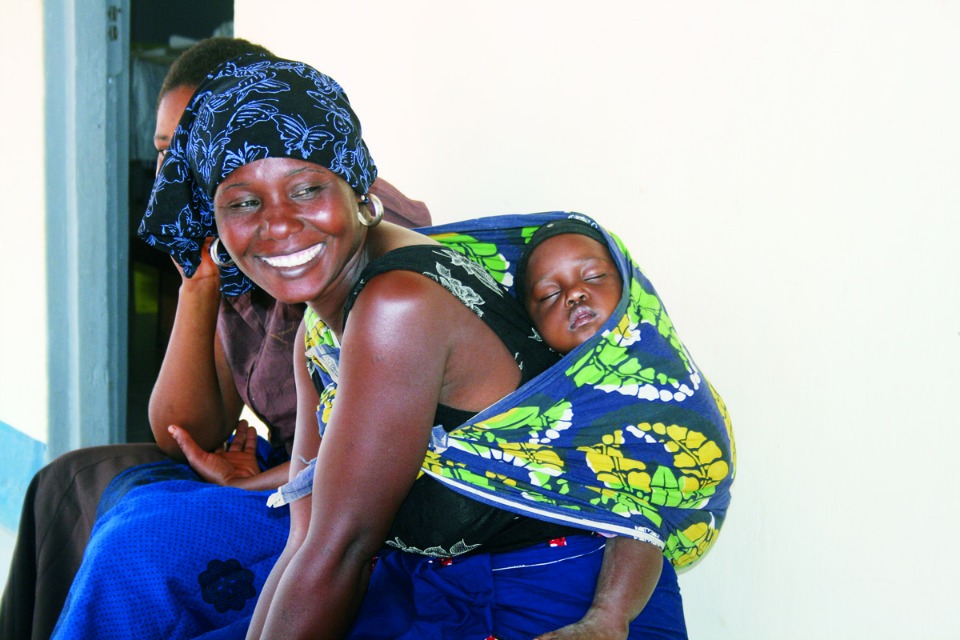"We must not allow the crack down on women’s rights to go unheeded. Women must be part of the solution."
Statement by Ambassador Peter Wilson, Charge d’Affaires and Deputy Permanent Representative of the UK Mission to the UN, to the Security Council Open Debate on Women, Peace and Security

Thank you Madam President for holding this important debate today and for your personal commitment to this issue. I also warmly thank Ms Mlambo-Ngcuka, Mr Mulet and Mr Beyani for their compelling and sobering briefings, and I particularly want to welcome Ms Suaad Allami from Iraq: thank you for sharing your experiences with us today. Also thank you to everybody who has come to demonstrate your interest and commitment. Your presence here is an encouragement to all of us to do more.
Today, one year on from the adoption of resolution 2122, and one year before the fifteenth anniversary of 1325, we consider the strides that we have made, and what remains to be done to make our commitments real on this vital agenda. I welcome the Secretary-General’s report which demonstrates that attention to women, peace and security is increasing across the board. Over a third of those included in Colombia’s peace talks were women, as we have heard, and that figure rises to 75% in the Philippines. We welcome the dedicated consideration of gender issues within these processes since last year. There are more trained investigators of sexual and gender based violence deployed than ever before; and this year an unprecedented 40% of ambassadors at the Security Council are women.
But this progress is incremental and sadly these are exceptions to the rule. That we still have to fight to include sufficient gender expertise in our peacekeeping operations, most recently in the Central African Republic and Mali; that we still battle to have just one woman included in most peace processes; that governments and armed groups continue to violate and abuse women’s rights, including by perpetrating sexual and gender based violence, makes clear that real commitment to women, peace and security is still piecemeal. The Peacekeeping Review and the Global Study are two opportunities to galvanise action on these issues, but change must start now. The report from the Global Summit to End Sexual Violence in Conflict will also be published shortly. We encourage all actors to implement its recommendations.
Today’s Presidential Statement that we have agreed has four key elements: Firstly, it reiterates core 2122 principles on women’s leadership and gender equality, and on the working methods of the Council. Secondly it calls on Member States and others to enhance protection and services for displaced women and girls, and calls for sex and age aggregated data to inform policy and programming. Thirdly it highlights the tremendous impact of violent extremism on women and urges states to protect and engage with them in addressing this trend. And finally it calls for all actors to review and reinvigorate their commitments ahead of the 2015 high level review.
Madam President,
We are living through a period of unusual instability. According to the Institute of Economics and Peace, only eleven countries in the world are not linked to conflict in some way. For the first time since World War II, the number of refugees, asylum seekers and internally displaced people has exceeded 50 million. If displaced people had their own country it would be the 24th most populous in the world. That is a staggering statistic.
The United Kingdom recognises the particular hardships faced by refugees and internally displaced people, including the additional burden and vulnerability of women and girls. We have provided the UN High Commissioner for Refugees with over $180 million from 2011-2014. We have committed $1 billion to help people affected by conflict in Syria, and in Iraq we provide $40 million in humanitarian aid, and $30 million of which supports international NGOs, UN agencies and the International Committee of the Red Cross. That includes supporting programmes to prevent and respond to sexual violence, for example by establishing Women and Children’s Centres to provide group counselling, as well as offering safe spaces for children.
In crises like those in Syria and Iraq, many of the most vulnerable households are headed by women who often lack access to basic necessities to meet their needs and those of their children. The UK has provided cash assistance to help female refugees in Jordan pay their rent and livelihoods support. Pregnant women are particularly at risk. We’re providing essential equipment to new mothers and pregnant women in Iraq, and reproductive health services for women in Jordan. We also provide financial support for vulnerable Syrian women who are thought to be at risk of coerced marriage.
Gender sensitive programming must be increased, alongside access to international protection, health and education services and livelihood activities in conflict affected states. We must do this for all displaced people, particularly women and girls. The international community must further step up its efforts to address the root causes of conflict. This requires concerted long-term effort and financing; The benefits of this are clear. Finally, we must put women and girls at the forefront of our approach to tackling violent extremism and defeating the extremist ideology that underpins the barbaric acts of groups such as Boko Haram and ISIL. We must not allow the crack down on women’s rights – from prohibiting girls’ education to enslaving women’s bodies, to go unheeded. Women must be part of the solution.
Madam President,
We have a formidable task before us. I am confident however that through our shared purpose and with effective follow-up, we can convert the expertise and goodwill in this room into greater protection for some of the most vulnerable people around the world, and create space for women to be full and equal partners in all endeavours to strengthen peace and security. We must redouble all our efforts in the important year that lies ahead.
Thank you.